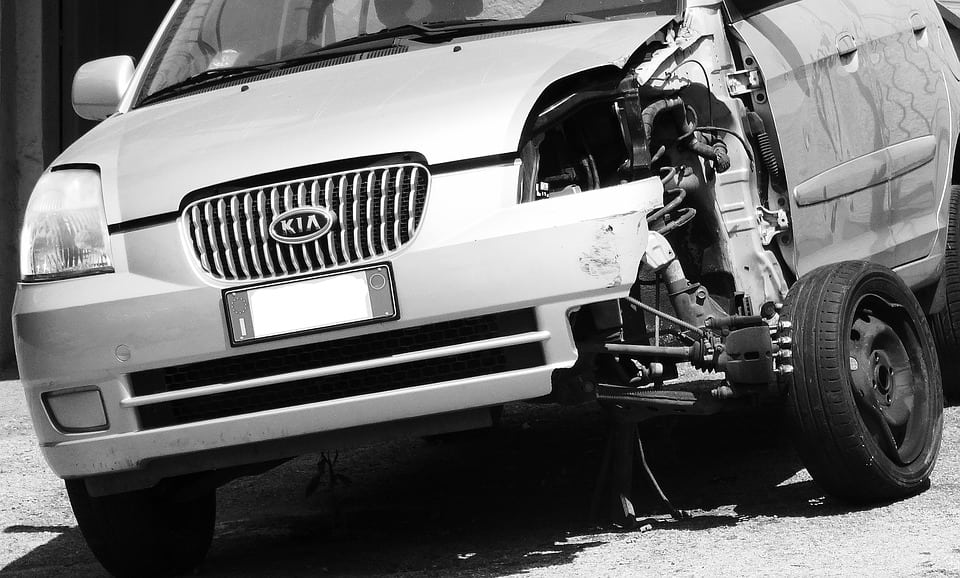When it’s time to part ways with your car, you will likely know it. Automobile accidents happen to the best of us. In fact, by car insurance estimates, experts have deduced that the average person will crash their car once in a 17-year period. Thankfully, the US has experienced a reduction of vehicular fatalities over the past 13 years. But vehicles do not escape collisions unscathed.
If you have been in an accident and are now dealing with the aftermath of a totaled car, here are your options. (Or, if you simply want to know your options to be better prepared, this info will come in handy one day.)
-
First stop: Your insurance company.
After an accident, your insurance company, or the insurance company of the driver who is at fault, will provide a quote for your totaled car. This quote surmises the cash value of your car pre-accident. Insurance companies will provide this quote if they deem that the car is totaled and not worth saving.
Formulas vary on how insurance companies determine if a car is worth repairing, or if a cash payout is better. If they determine the car is not worth fixing, then insurance companies will pay you the cash value of your car. You will then sign over the car’s title to your insurance company.
-
Consider if it can be fixed.
Not all totaled cars are undrivable. An insurance company might deem a car totaled because of the cost to fix it. For example, when the exterior of a car has been damaged by hail. Or if the has a scratch that will cost more money to repair than the car is worth. In such a case, you could consider not filing a claim and opt instead to drive it, regardless of how it looks.
With the case of interior damage to the mechanics, paying for the repairs yourself might be worthwhile as well. An insurance payout may or may not cover the cost of purchasing your next ride. Consider whether forking out some money for a repair might save you more money in the long run than purchasing a used or new car.
-
Donate your car to your favorite charity.
Does your favorite charitable organization take donated cars? Find out. Charities that take car donations include Vehicles for Veterans, Kars4Kids, and the Make a Wish Foundation. With this option, you would bypass filing an insurance claim and instead help a family or individuals who need it. Some foundations provide tax deductions for donations rendered, but not all. Research if a tax deduction would be available for your car. As well as any restrictions that might be in place regarding type and extent of damage to the car the charity is willing to accept.
-
Keep or sell the parts.
Feeling too attached to your ride for any of the above options? We hear you. If you have a two-car garage, or some other place you can stow your totaled car, you could keep the car for parts for your next ride. Or, if your car is a popular make and model, chances are there is a good market for various parts of your vehicle. You might not get more money from your car than what your insurance company would offer. But if tinkering is your hobby, consider this option. Rebuilding and restoring a car that seems beyond hope is a challenge that a true auto enthusiast can’t deny.
If you are in need of quick cash to help fund your next car purchase, then filing an insurance claim might be your best bet. But it is not the only option for totaled cars, as this article shows. Research your options before making your final choice. You may be surprised to find that another avenue might be a better fit for you and your vehicle.







